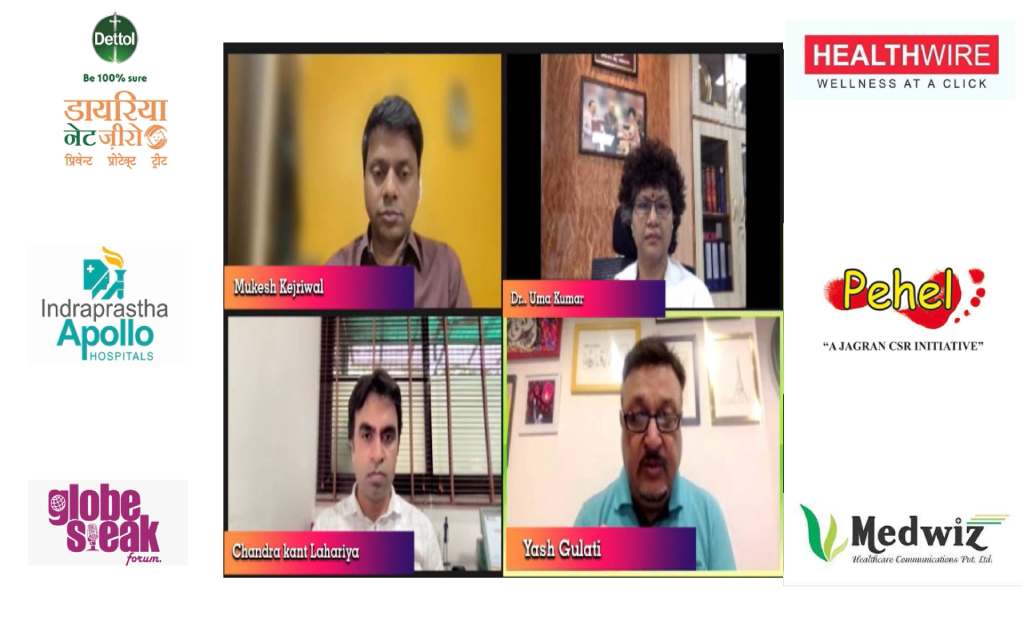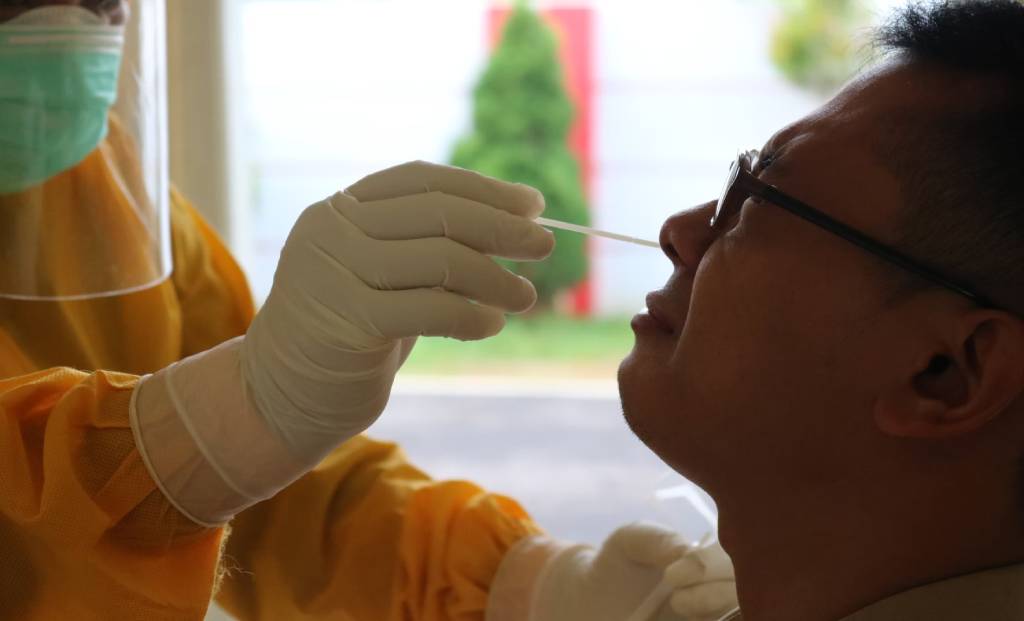“Urgent Need to Bridge the Gap: Enhancing Workplace Safety Enforcement in India
Various guidelines for workplace safety are available in India but the enforcement is arguably suboptimal. Eminent panelists highlighted this during Health And Safety Management Summit And Awards 2022. The webinar discussed a range of issues related to the workplace and panelists were of the view that only making regulatory guidelines is not going to help. They emphasized that there needs to be a proper and regular risk assessment. During the enlightening discussion, they said that there is a huge scope for improvement and this can be done only when we as a society will ask for the change.
“Dr. Chandrakant Lahariya Highlights Implementation Gap in Occupational Health Guidelines in India”
Pointing out the fact there are various bodies in India to look after things like occupational health and other related issues, Dr Chandrakant Lahariya – an epidemiologist, vaccinologist, public health, and policy expert and writer – said that there are various guidelines in papers but the implementation is suboptimal.
“Dr. Chandrakant Lahariya Stresses Lack of Monitoring and Trained Personnel for Occupational Safety in India”
“These regulatory bodies have highlighted the responsibility of facility owners to provide a safe and healthy work environment for workers but the challenges are that they are not being monitored properly and the kind of risk assessment that is required is not regularly done. And this is obviously because of the fact that we don’t have trained individuals who can do this,” Dr Lahariya said during the panel discussion at Health And Safety Management Summit And Awards 2022.
ALSO READ | Health And Safety Management Summit And Awards 2022: What Is Ground Reality At Workplace
“So it is about, regulatory enforcement, trained individuals and as a health care provider, I want to highlight certain points. The first one is that local-level administration needs to pay attention to these issues of risk assessment and the second important thing is that occupational workers should have access to primary healthcare facility for regular checkups and other assistance,” he added.
“Mukesh Kejriwal Advocates Cultivating a Culture of Workplace Safety and Accountability”
When asked about steps that are needed in order to ensure that companies follow all the set guidelines, Mukesh Kejriwal – senior journalist and Head National Integrated Bureau, Rajasthan Patrika group – said that we need to develop a culture where we as a society must demand that the environment at the workplace should be such that anybody can work.
“Even if I am not a worker of a particular but using any of its product, it should be our responsibility as a buyer to check and make sure that those employed there have a good working environment. Basically, we need to develop a culture of caring for each other. A Healthy and safer work environment is a must achieve the target of USD 5 trillion economy,” Kejriwal added.
Echoing the same sentiments, Dr Uma Kumar – HoD Rheumatology, AIIMS – New Delhi and National Award For Science & Technology Communication 2020 awardee – said that we need to understand that health is a dynamic process and so is the processes that are required to make an individual healthy.
“Building an Inclusive Healthcare Ecosystem: The Role of Multi-level Facilities and Collaborative Stakeholders”
“There need to be different levels in the health care system to extend facilities to the people. For example, we don’t immediately go to a super specialty hospital when we face any health-related issue. We always go to a clinic or wellness center nearby. So there should be a proper chain in which the doctor at the clinic will assess the condition of the patient and then refer him or her to secondary or territory health care. Mohalla Clinics in Delhi is a perfect example of this chain that I am talking about. But again, all stakeholders will have to come together to give weightage to the health of themselves as well as other individuals. Be it companies, government organizations, health care providers, or any other setup, they all need to be concerned about the health of others. There is plenty of plannings on paper and I am happy to acknowledge there several schemes of the current government are helping people. I can see that at AIIMS, where people who cannot afford treatment are getting cured and living a healthy life,” she said
However, Dr Kumar emphasized that India needs to build its own health care system that can help people at large.











